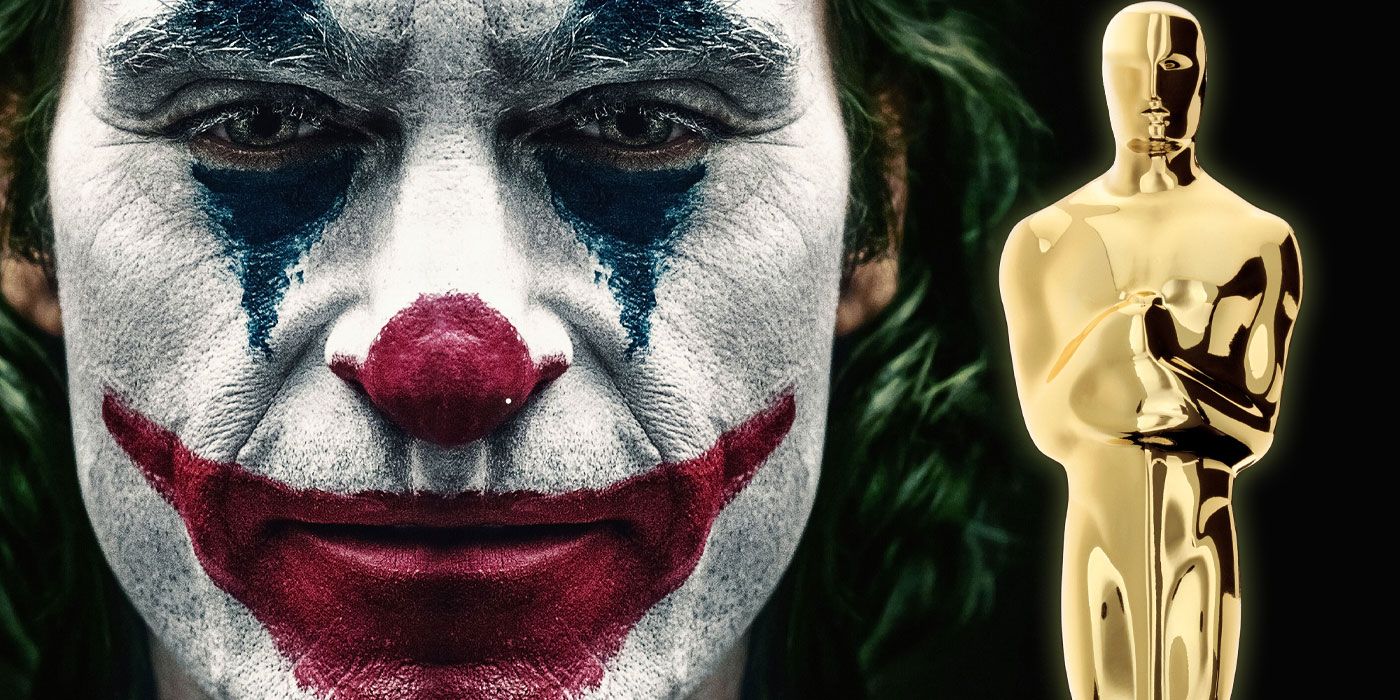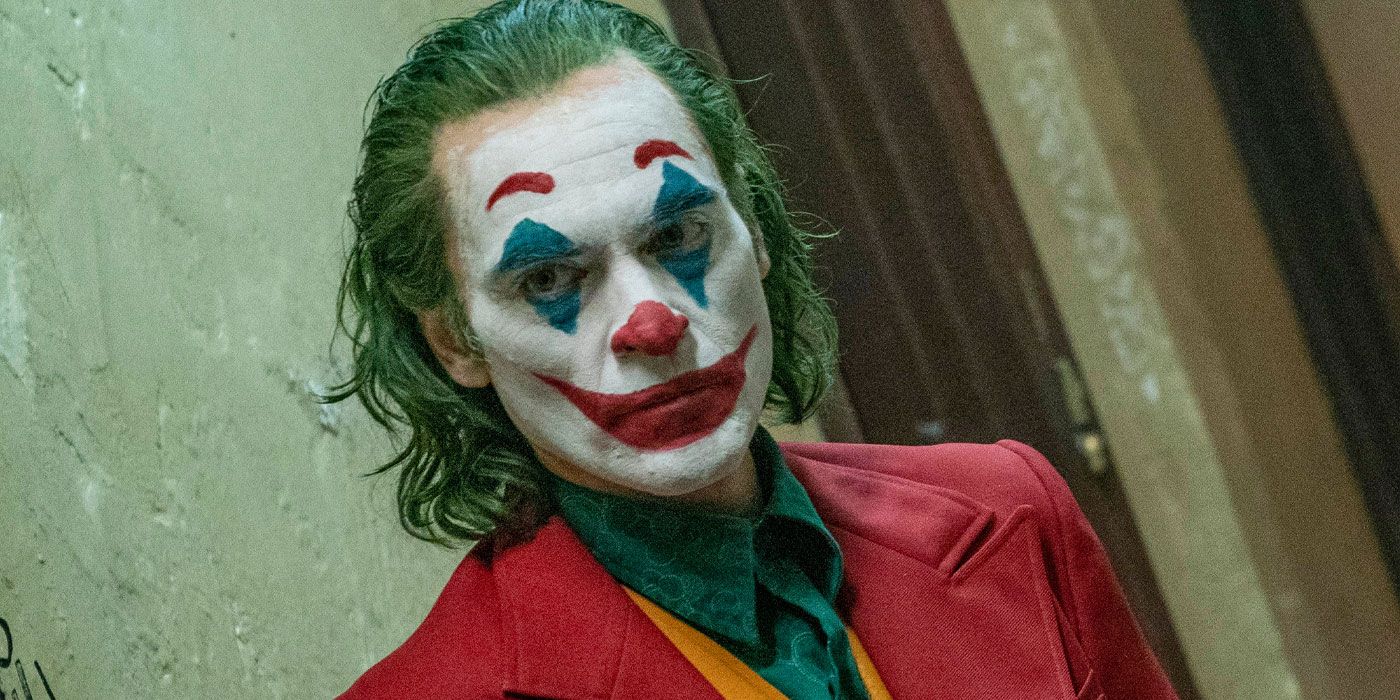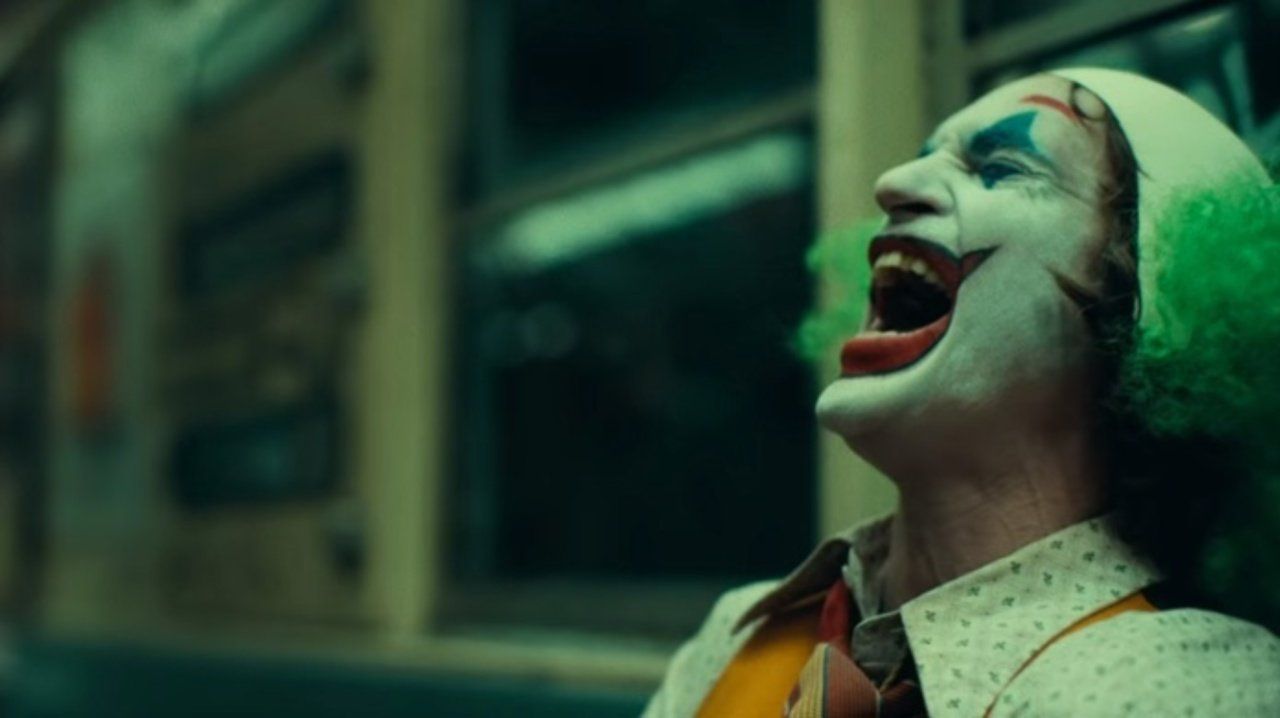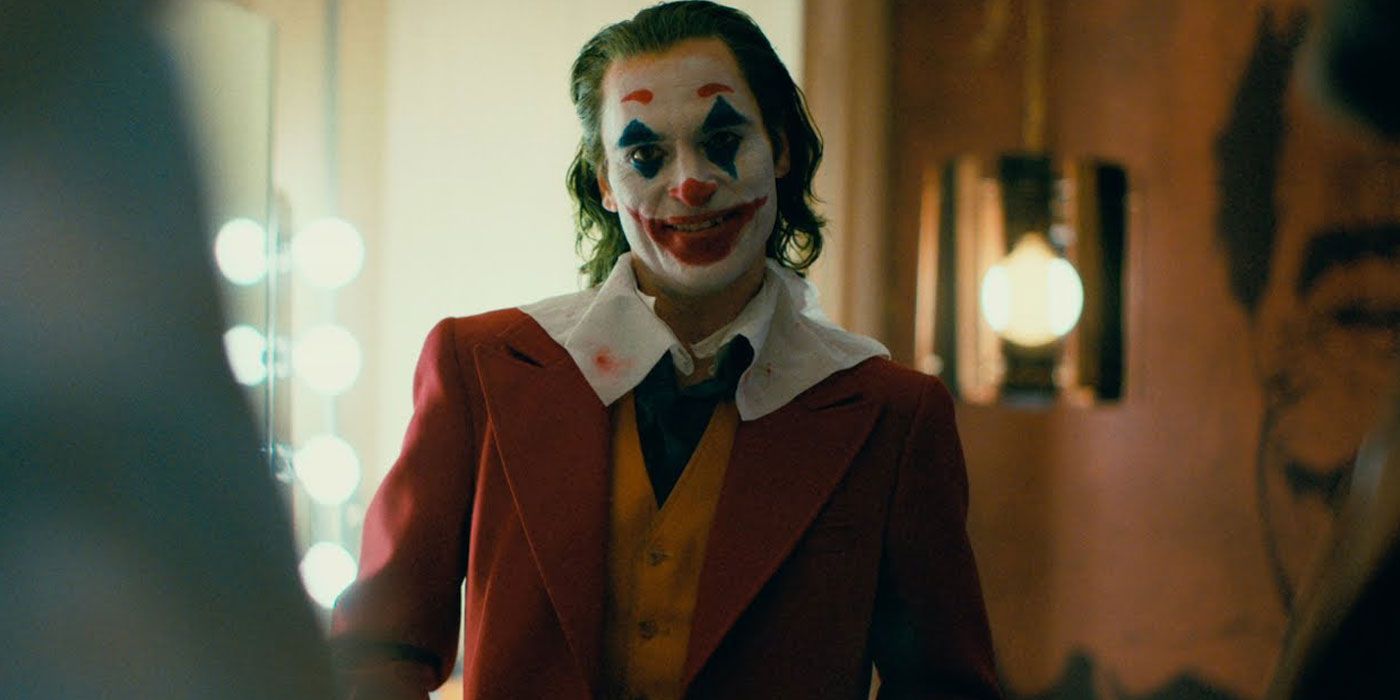In February 2009, Heath Ledger won a posthumous Academy Award for Best Performance by an Actor in a Supporting Role. Ledger's win, awarded for a genre-redefining take on The Joker, marked the first time a blockbuster superhero film had broken into a major category. A decade later, Todd Phillips' Joker led all 2019 films with 11 Oscar nominations and is a favorite for many. It completes this cycle of superhero films, closing the loop on a decade that birthed the idea of a Cinematic Universe as we know it and saw superheroes rise to the top.
In many ways, this growth is exciting. Those who were raised on comic books and niche science fiction might see this as the public finally embracing something they once derided, but the question needs to be asked—why does it matter if these films are “embraced?” And is Joker really the best we can do?
The Dark Knight, released in 2008 by writer/director Christopher Nolan, was unlike many other comic book films at the time. While films like Raimi's Spider-Man were bright and vibrant, The Dark Knight operated with a muted color palette, an atmosphere more reminiscent of crime thrillers. The film’s more prestigious tone, along with Ledger’s powerhouse performance, allowed the movie to finally get taken seriously by audiences and the film industry as a whole. Though previous movies had established that capes and cowls can draw audiences, this was a new breed, earning rave reviews and even convincing the Oscars to expand the field of Best Picture.
But as Marvel’s Cinematic Universe grew beyond its humble origins in the following decade and allowed comic book movies to “go weird,” the broader resistance to take movies of their kind seriously returned. The massively budgeted films could gain nominations in categories like Best Visual Effects and Best Sound Editing but always fell short to “prestige” films and smaller, quieter material. But, while all of this happened, the MCU passed Harry Potter as the highest-grossing franchise of all time in just seven years of existence. The Avengers had the highest opening weekend of all time in 2012. DC got in on the Cinematic Universe game, and though it took a while, finally found their footing with Wonder Woman. Countless franchises attempted to ape what superheroes had, and the genre became ubiquitous, dominating theaters with even more films each year that continued to succeed. Despite what can frequently be a harsh reputation, film critics embraced many of these films, and the MCU collectively averages just over 83% positive reviews on Rotten Tomatoes. And last year, to put a final exclamation point on everything, Avengers: Endgame became the highest-grossing film of all time worldwide.
Yet, after all of this, fans still clamored to be taken seriously by critics groups and award voters. As time goes on, the fandom has grown more impatient with those who do not ascribe to their way of thinking. Any time a public figure has something negative to say about the genre, just take a look at any comments section—fans are bewildered that anyone could hate their precious (billion-dollar) films.
It wasn’t until 2019 that Marvel Studios broke out of the technical categories and won a Best Picture nomination for Ryan Coogler’s Black Panther. A clear representation of everything superhero films should be, Black Panther broke the mold by taking massive steps forward in terms of representation for black artists, both in front of and behind the camera. The film takes the standard superhero template (hero, villain, fight scenes, car chases), and uses it to tell a moving story about personal responsibility and flawed governments, bathed in subtext as a response to the racism that has enveloped modern society and kept movies like this from ever coming before.
If ever there was a film that should represent what superheroes can do when they deserve to be taken seriously, it’s Black Panther. With its seven nominations and three victories, the film certainly earned a place in the conversation, but didn’t earn a nomination in any acting, writing, or directing categories, and was never considered a real competitor for the Oscar for best picture. Unfortunately, the first blockbuster comic book superhero film to actually make that step is Todd Phillips’ Joker, a film that shares many similarities with Black Panther, but many stark differences.
Though not quite a bad film, Joker’s greatest mistake is failing to make a compelling argument for its own existence. Were it simply an intimate, cynical thriller about the consequences of a broken, selfish society, Phillips’ film would work. Instead, it becomes this weird meeting place of decades-old comic book lore, a cinematic love letter to the ‘70s crime films of Martin Scorsese and a tone-deaf screed against a nonspecific idea of “society,” muddling the actually effective story that lies beneath the surface. That’s not to take away the craft with which Phillips makes the film, expertly evoking Scorsese’s style with a few of his own flourishes, as well as Joaquin Phoenix’s in-your-face performance and Hildur Guðnadóttir evocative score, which all form a perfectly well-created movie. But underneath this surface-level technical skill, there just isn’t anything there.
Aside from the fact that it mostly feels like a story that has already been told in a style that has been done to death, Joker also marks a troubling landmark for Hollywood as a whole. As first brought up in critic David Ehrlich's review of the film, the success of Joker could very well make the film a precursor to a new wave of cinema that is bold but wouldn’t exist without an existing IP grafted on top of it. Though it certainly pushes boundaries in terms of content and what’s allowable in a big-budget mainstream studio movie, there’s no way the movie exists without the presence of Bruce Wayne, negating any actual bravery the movie would otherwise possess.
When it comes to the Awards, the Motion Picture Academy of Arts and Sciences has made its purpose clear—to honor the best and boldest movies of each year. They’ve certainly strayed from that by nominating and awarding safe, less-than-stellar choices in recent years like Bohemian Rhapsody and Green Book, and choosing to honor Joker only continues down that path. For years, comic book fans have gleefully watched as their favorite genre became a titan in modern culture and dominant at the box office, but it wasn’t enough. And now, they’re just another mistake in a pattern of mistakes at the Oscars, validating nothing but the audience’s vanity.




